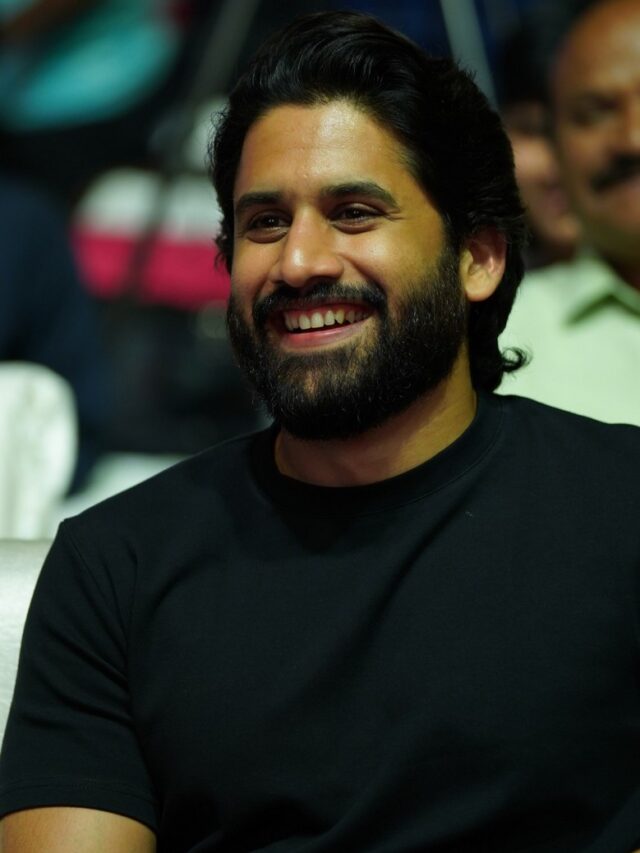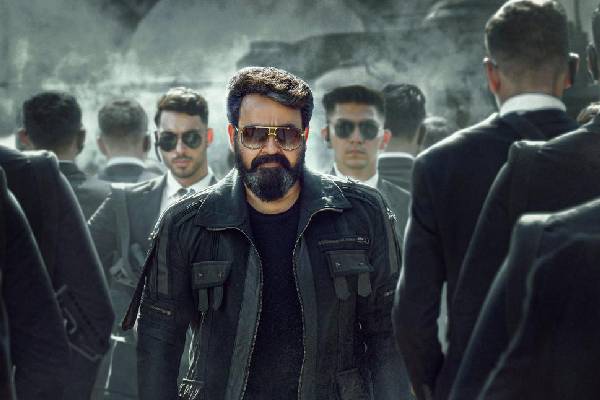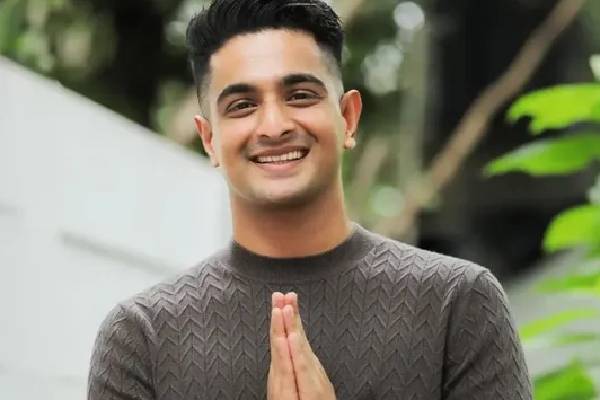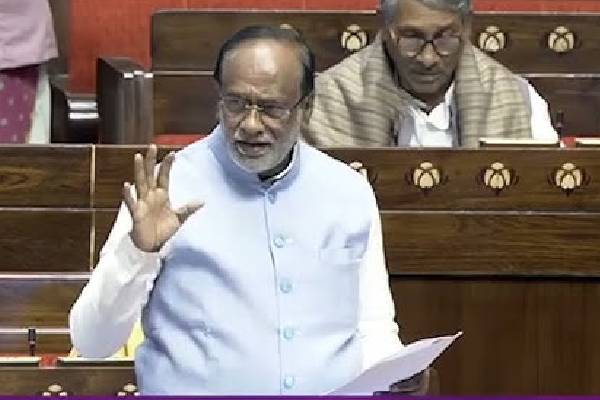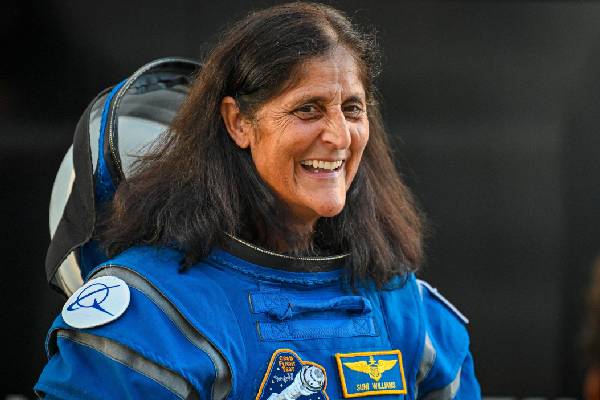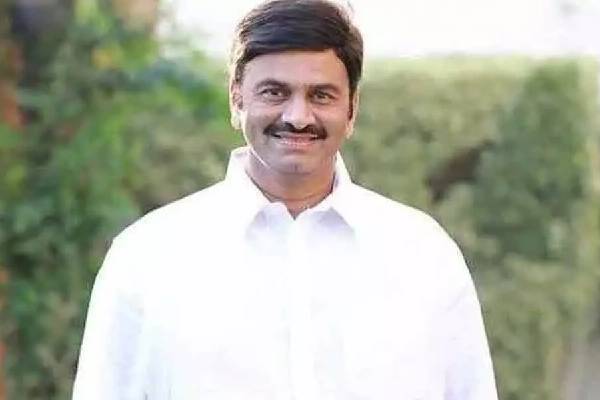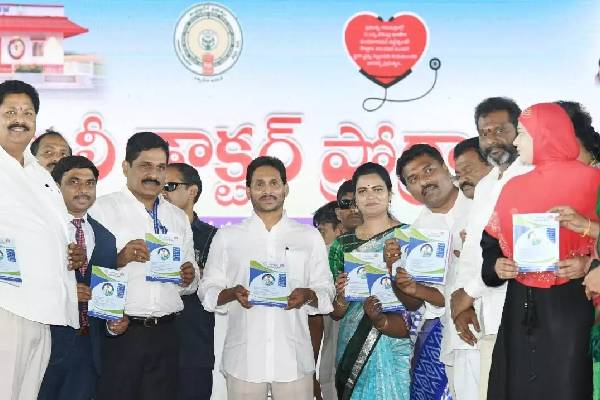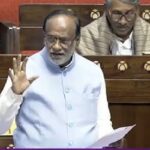Chief Minister YS Jagan Mohan Reddy formally launched the Family Doctor Programme in which qualified doctors in 10,032 Dr YSR Village Health Clinics would extend preventive health care to the needy across the State.
Launching the programme at Chilakaluripet in Palnadu district on Thursday, the Chief Minister told a public meeting that the Family Doctor Programme would herald revolutionary changes in extending health care to the needy. Just like the pensions are handed over at the households, the healthcare facilities would be extended to the people at their doorstep, he said.
Besides visiting the bed-ridden people and treating them, Family Doctors would extend free medical treatment to people suffering from both communicable and non-communicable diseases and to lactating mothers and anaemic school children and women, he said.
They would refer the patients in need of advanced medical treatment to Aarogyasri Network Hospitals while YSR Health Clinics would extend post-treatment health care to such patients.
The government has brought about revolutionary changes in health care as it highly values the lives of people. With one Primary Health Centre (PHC) serving every 2500 people, the Family Doctor programme would soon turn the State into a role model for other states in preventive health care, he said.
Each mandal would consist of two PHCs while each PHC would comprise two doctors with one of them taking caring of the out-patients and the other visiting YSR Health Clinics in assigned villages, schools and anganwadi centres twice a month, he said adding they would identify people suffering from BP, Sugar and anaemic conditions and provide them treatment in the initial stages preventing serious heart and other diseases among them.
The YSR Village Health Clinics, to be manned by Community Health Officers (CHOs), ANMs (Auxiliary Nurse and Midwives) and ASHA (Accredited Social Health Assistant) workers, would be equipped with 105 kinds of medicines, lab facilities to conduct 14 kinds of diagnostic tests and 936 Mobile Medical Units (104).
The phone numbers and other details of the doctors would be displayed at the Village Secretariats which would maintain health records and ensure that the medical services would be available round the clock, he said, appealing to the medical staff to stay in the villages where they are employed and serve the people 24×7.



















